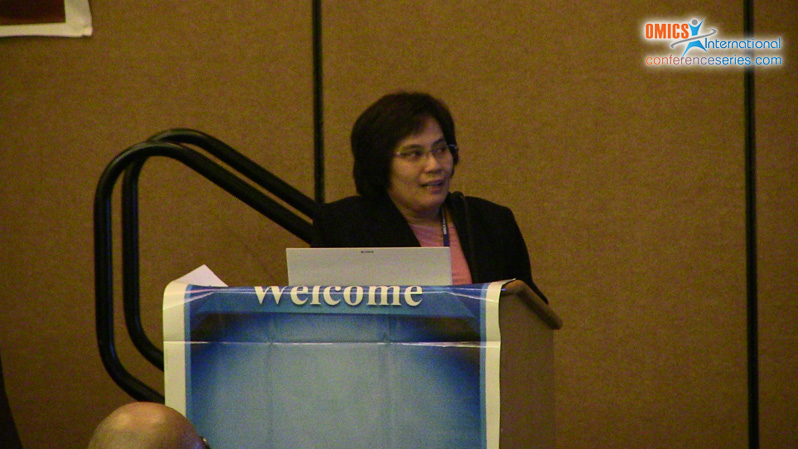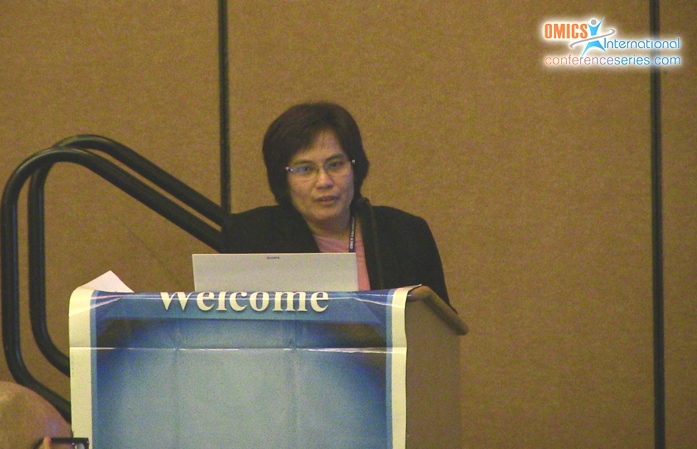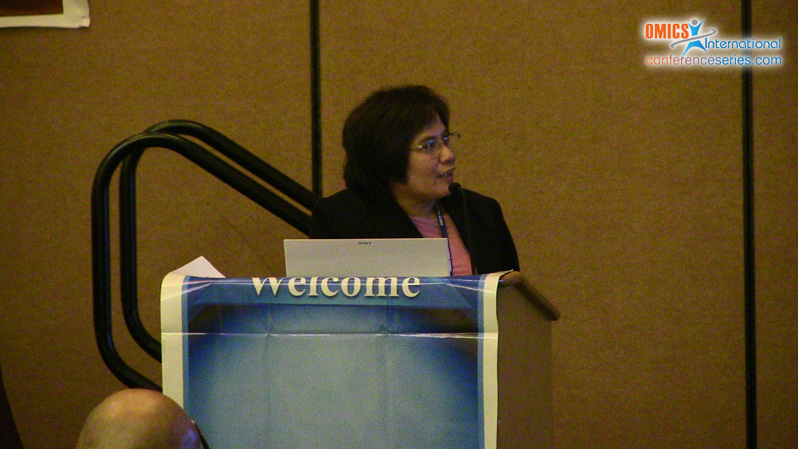
Bang-on Thepthien
Mahidol University, Thailand
Title: Chronic care model and social protection in addition
Biography
Biography: Bang-on Thepthien
Abstract
Substance dependence is a chronic disease for which many affected adults receive no intervention or detoxification without subsequent treatment. Like other chronic diseases (e.g., diabetes, congestive heart failure), substance dependence has no cure and is characterized by relapses requiring longitudinal care. In Thailand, the current system of substance dependence care is fragmented, not coordinated, and does not always include proven efficacious treatments. Patient motivation and coexisting health and social problems are barriers to receipt of effective treatment. Integrated and coordinated care, which simultaneously addresses patient motivation and needs, across health domains, provides efficacious addiction treatments and facilitates effective access to other treatment. This integrated care may increase the likelihood that care is received and that addiction-related and other clinical outcomes improve. Social protection has been defined as “all public and private initiatives that provide income or consumption transfers to the poor, protect the vulnerable against livelihood risks, and enhance the social status and rights of the marginalized; with the overall objective of reducing the economic and social vulnerability of poor, vulnerable and marginalized groups.†Social protection can help reduce disadvantages and inequalities that make drug abuse, help overcome barriers to access treatment, and mitigate the impact of drug user on household poverty and social exclusion.



